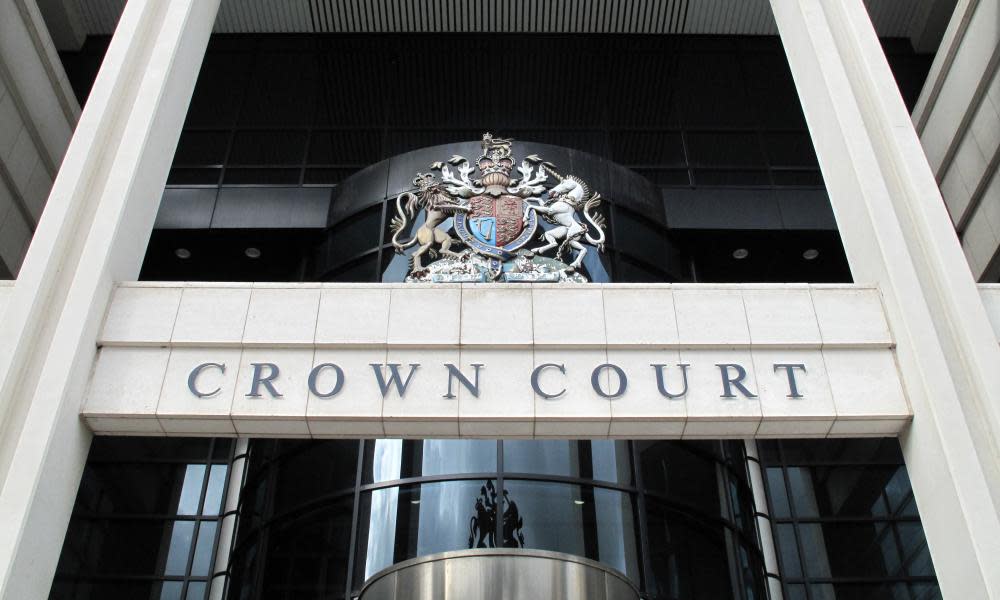Criminal solicitors in England and Wales challenge cut to fees

Criminal solicitors have had their fees for reading large quantities of crown court evidence cut by up to 37% under changes imposed by the Ministry of Justice, the high court has heard.
In a challenge brought by the Law Society of England and Wales, the MoJ has been told that the reductions will drive more solicitors out of criminal defence work, impede access to justice and lead to miscarriages of justice.
The case follows concern over rapid expansions in the volume of material involved in cases derived from digital technology and successive failures to disclose crucial material to defendants in rape trials.
The cuts were imposed in defiance of a departmental consultation process, in which 97% of respondents opposed the changes.
At the same time, the number of solicitors in England and Wales registered for criminal work has dropped sharply as cuts to legal aid have made their profession less and less profitable. The number of firms involved in criminal defence work has recently fallen from 1,600 to 1,200.
Ahead of the case, Richard Miller, head of the justice team at the Law Society, said: “There are areas where there are no young lawyers coming through and where the profession of defence solicitor is becoming extinct.” A heat map produced by the Law Society showing the age profile of criminal solicitors has illustrated the decline.
Dinah Rose QC, representing the Law Society, told Lord Justice Leggatt and Mrs Justice Carr that the latest changes had significantly reduced the maximum fees payable under the scheme.
The judicial review challenge alleges that the fee changes are an illegal interference with the right of access to justice as protected by both the common law and article six of the European convention on human rights, which guarantees a fair trial.
Under the changes introduced by the MoJ, solicitors can only claim for reading up to 6,000 pages of evidence. Before October, the formula in the “litigators graduated fee scheme” rewarded criminal solicitors for reading up to 10,000 pages of material.
The reduction comes at a time when more and more evidence from mobile phones and laptops is being generated.
The Law Society said that for a complex and long, serious offence crown court trial with 10,000 pages of prosecution evidence the maximum “final fee” had been reduced from £89,645.06 to £55,974.64 – a cut of 37%.
Other work, such as interviewing defendants, locating and interviewing witnesses, checking statements against other evidence and investigating alibis would still have to be done but would now in effect not be paid for, the Law Society said.
Lawyers for the MoJ have argued that the changes to payments do not amount to a cut in legal aid fees but were merely intended to return them to previous levels.
Judgment is expected to be reserved.

 Yahoo News
Yahoo News 
